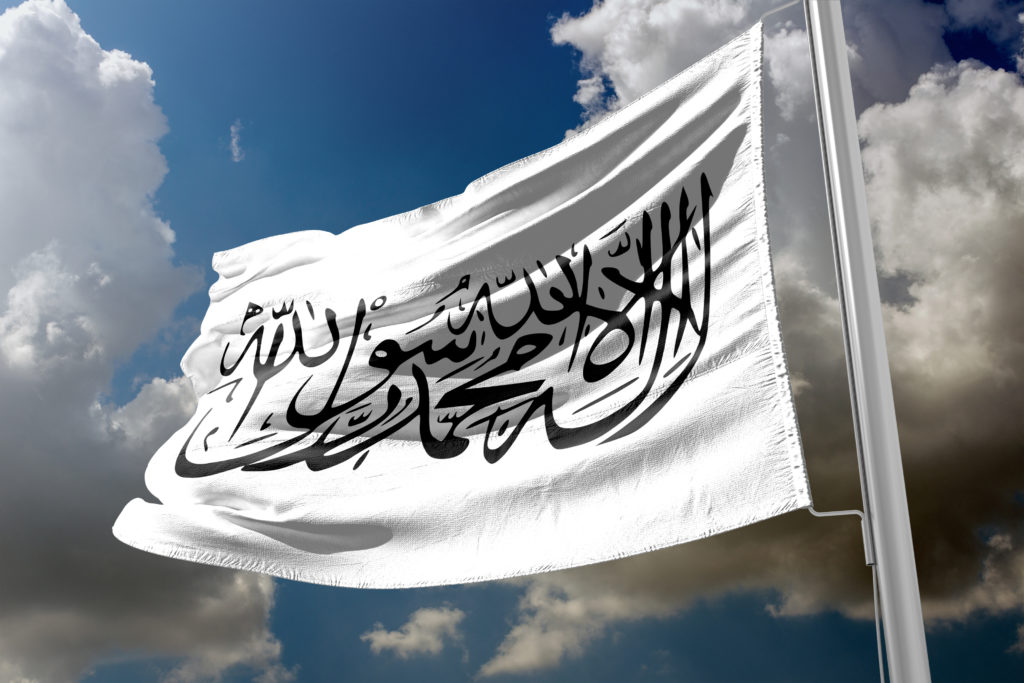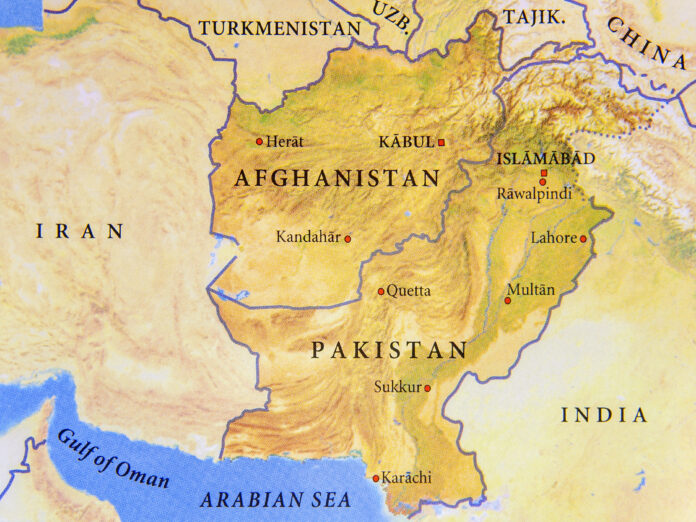Afghanistan and Pakistan are at loggerheads again over a surge in violence and attacks in Pakistan, raising fears of conflict and regional instability.
A fresh spate of attacks on Pakistani security forces, which Islamabad blames on groups operating out of Afghanistan, has stoked renewed tensions between the South Asian neighbours.
The issue has been simmering ever since the Taliban swept back to power in August 2021 after the withdrawal of U.S.-led occupation forces. Pakistan hoped for a relatively more secure western border and a decline in attacks that have claimed thousands of lives in the country over past decades. But the reality has been starkly different as attacks have surged in Pakistan in the past two years.
January of this year was the deadliest month in Pakistan since July 2018, with 134 people killed and 254 injured in 44 attacks across the country, according to data compiled by the Pakistan Institute for Conflict and Security Studies, an Islamabad-based think tank.
And just in the last two weeks, there have been three blasts in Khyber Pakhtunkhwa, the northwestern Pakistani province that borders Afghanistan. Most of the casualties were security personnel, including police and soldiers.
At the heart of the problems between Islamabad and Kabul is the Tehreek-e-Taliban Pakistan (TTP), a conglomerate of several groups that, according to Pakistan, has safe haven inside Afghan territory. Most of the recent attacks, which include ambushes and storming of military compounds across Pakistan, have also been claimed by the TTP.
The Islamic Emirate of Afghanistan strongly denies harbouring or facilitating them and has urged Pakistan to tone down its rhetoric.
The Tehreek-e-Taliban Pakistan (TTP) is an insurgent group based in Pakistan. The TTP, also known as the Pakistani Taliban, is distinct from the Afghan Taliban.
The Tehreek-e-Taliban Pakistan was formed in December 2007 as a result of several Pakistani Taliban factions coming together to create a unified organisation. The group’s main objective is to establish its own version of Shari’ah law in Pakistan and to challenge the Pakistani government’s authority.
They have been responsible for numerous attacks on military and civilian targets within Pakistan, resulting in thousands of deaths and injuries.
Since 2007, Islamabad and the TTP have held several rounds of dialogue that yielded no results, with both sides blaming each other for the stalemate.
Successive Pakistani military operations since 2014 pushed the TTP toward Afghanistan, bringing about a significant decline in bombings and suicide attacks in the country until 2021.
The deadliest among the recent TTP attacks in Pakistan was on a military garrison this month in Zhob, a district in the southwestern Balochistan province, near the Afghan border. At least nine soldiers were killed in the assault, prompting a rare direct rebuke from Pakistan’s army chief Gen. Asim Munir, who accused the Islamic Emirate of not living up to their promises.

Munir warned the IEA against providing sanctuary to the TTP, saying they have sophisticated weapons and freedom of action across the border. He urged Kabul not to allow its soil to be used against any country – an allegation that the IEA has repeatedly denied.
Munir’s comments were followed by Defense Minister Khawaja Asif accusing Afghanistan of not fulfilling its obligations as a neighbour, and not abiding by the commitments made in the 2020 Doha agreement.
This week, Gen. Michael Erik Kurilla, head of the U.S. Central Command, met Munir for talks in Pakistan, with the regional security situation a key part of the agenda.
On the diplomatic front, Foreign Minister Bilawal Bhutto Zardari spoke to U.S. Secretary of State Antony Blinken late on Monday, and the latter “affirmed the United States’ commitment to continued partnership with Pakistan on counterterrorism,” according to the State Department. The U.S. statement also mentioned that they discussed the “shared interest in a peaceful and stable Afghanistan.”
Despite the tensions, Pakistan and Afghanistan have also been engaging directly, with Islamabad’s special envoy Asif Durrani visiting Kabul last week. The IEA called on Pakistan to “choose peace instead of war” and assured that Kabul will not allow anyone to use its territory against Islamabad.
During a meeting with Durrani, acting Afghan Deputy Prime Minister Maulvi Abdul Kabir said Pakistan is not only a neighbour but also a Muslim brotherly nation, stressing that Kabul desires lasting peace. “We have seen the bitter experiences of wars. We advise Pakistan to choose peace instead of war,” he told Durrani.
Earlier this month, Suhail Shaheen, a senior IEA leader and head of its political office in Qatar, reiterated that they “are committed not to allow anyone to use the soil of Afghanistan against any country, including neighbouring countries.” “But as regards internal security of a country, it is their responsibility,” he added.
SOURCE: AA

